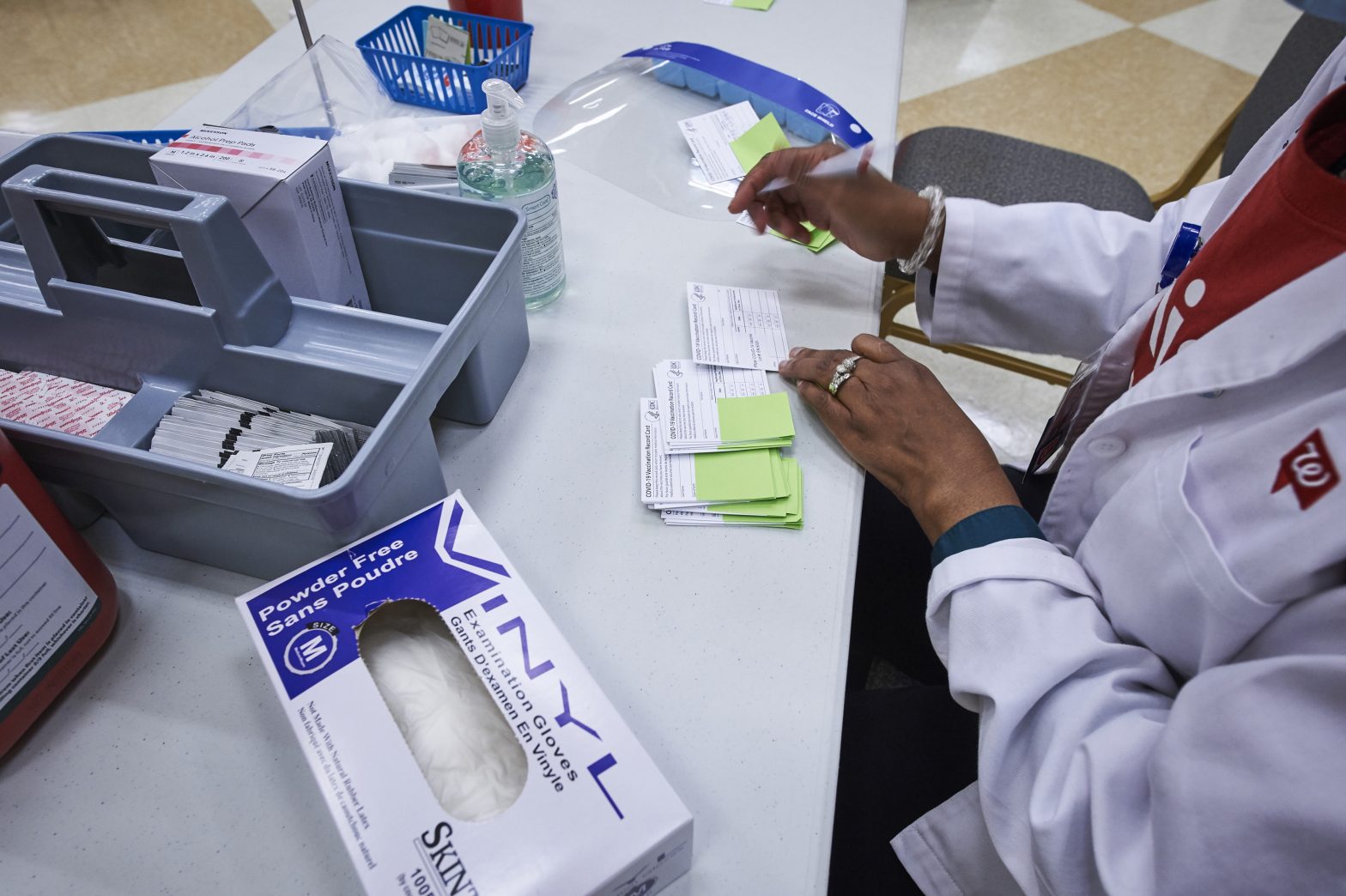Walgreens and Uber Team-up To Combat Vaccine Wastes

Last week, in partnership with Walgreens, Uber announced the launch of a new way to transport individuals to get their vaccine shots, and to donate rides to those who aren’t able to get to and from their scheduled appointments.
“Our whole goal is to make sure transportation isn’t the barrier to get people vaccinated,” said a spokesperson from Uber.
In late March, The Centers for Disease Control and Prevention recorded 182,874 wasted doses and of those Walgreens was responsible for 21%, or nearly 128,500 wasted shots combined, with CVS responsible for nearly half.
Now, amidst a blast of media headlines this week that, “CVS and Walgreens have wasted more vaccine doses then most states combined,” Walgreens and Uber are teaming-up to reduce those wastes by increasing transportation access to the appointments, especially for senior citizens who have difficulty driving.
The two joined forces along with Local Initiatives Support Corporation and the Paypal Giving Fund to create the Vaccine Access Fund, an $11 million initiative to facilitate rides to vaccination sites for homebound residents.
The initiative provides a new feature on Uber, located under “vaccines” in the app, allowing users to type in their zip code and access a list of appointment times to receive a vaccine shot at a Walgreens location closest to them.
The user creates a Walgreens account, and the appointment is scheduled from the Walgreens site so that health information is not shared through the Uber app. The new feature allows the user to set a pick-up and drop off time through the Uber app after scheduling their appointment through Walgreens. The Uber app will remind individuals of the scheduled ride to the appointment through a push notification.
There is also the option for any user to “donate” or pay for a future ride through Paypal for a low-income resident or individual who does not have access to a smartphone.
The model of donating rides is similar to Lyft, which in February began a pilot of trying to offer individuals the chance to pay and schedule rides for family members who don’t have Lyft through a family account.
Walgreens and Uber have also held vaccination clinics in places like Houston, Milwaukee, or El Paso, where 10 million free or discounted rides were offered to underserved populations to attend those clinics.
“We are not doing it to increase trips, we are doing this so people can have the abilities they want to get vaccinated,” said a spokesperson at Uber.
The partnership with Uber and Walgreens is not only an incentive to get the population vaccinated, but to increase the demand for vaccines so that shots are not getting wasted.
Evidence shows that Walgreens is making money on individuals getting the vaccine, as the retailer doesn’t pay for the vaccine but is provided by the government.
The government pays Walgreens providers about $40 for each dose administered to a Medicare recipient.
However, whether or not the initiative will lead to a decline in wasted vaccines will depend on how well it can reach older individuals in rural areas.
According to Pew Research Center findings, 19% of Americans living in rural America use ride-hailing apps, while in urban and suburban America, those numbers are 45 and 40%.
In urban areas, 19% of users take Ubers weekly, while in rural areas it’s just 5%.
Uber could not provide any recent data on changes in rideshares for older individuals and rurally located individuals as a result of the new initiative.
However, the partnership did work in Atlanta to provide three prominent churches to vaccinate nearly 5,000 people over three days, and 1 million free rides to teachers. “We can’t move forward until we can all move forward,” said Uber.

























